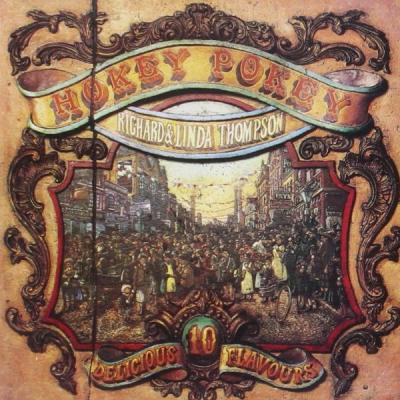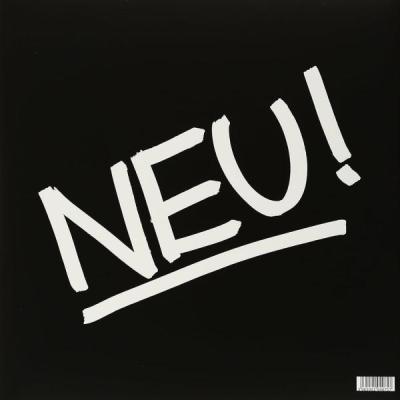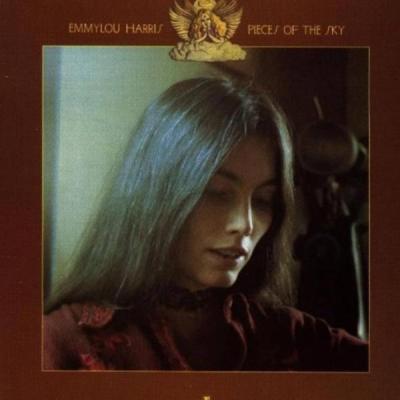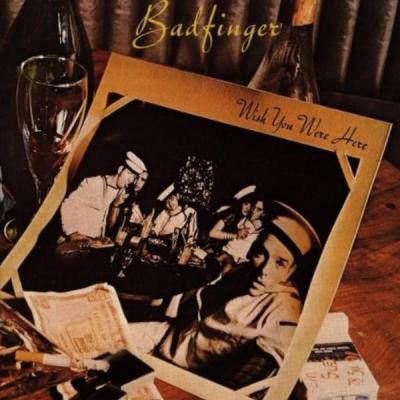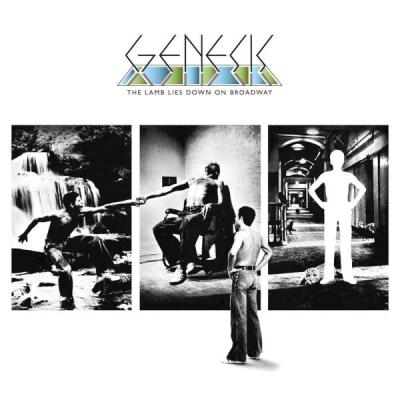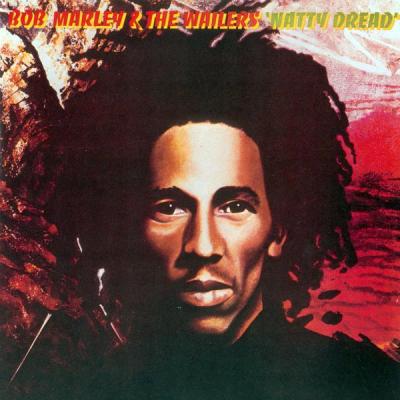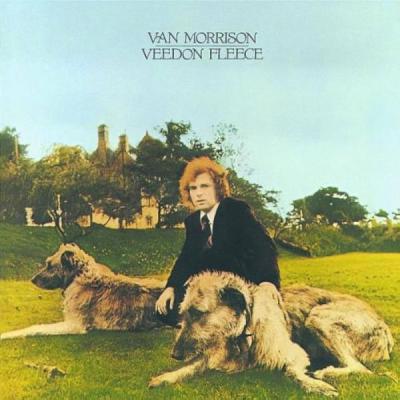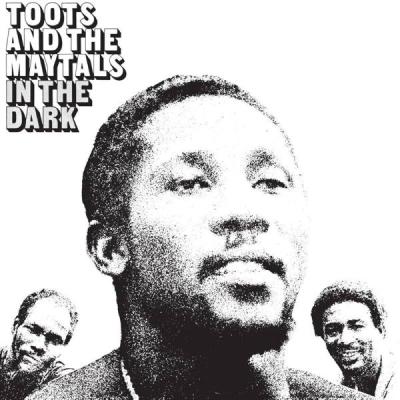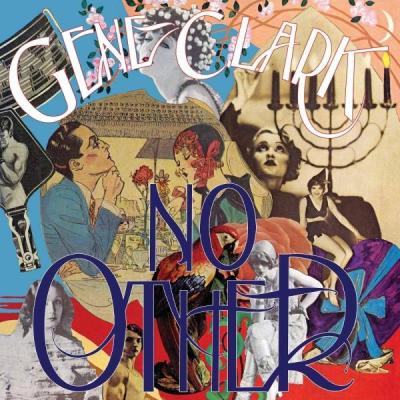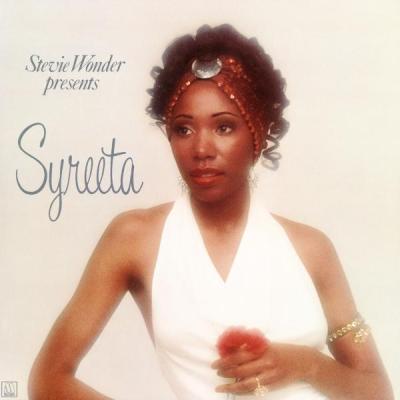

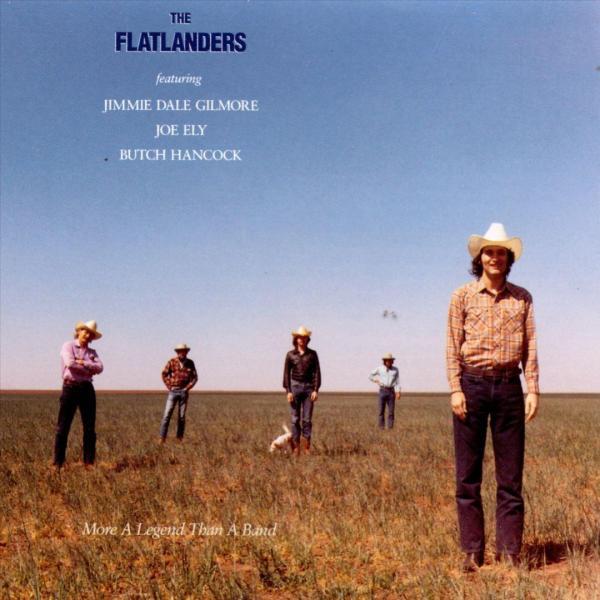
The Flatlanders - More a Legend than a Band
Album #159 - June 1972
Episode date - July 28, 2021
When this album first appeared in 1972, “All American Music” was pasted on the cover, although saying that it ‘appeared’ is quite an exaggeration of the actual circumstances.
The Flatlanders were completely unknown, and an advance single of “Dallas” sold so poorly that their label never even bothered to press the album onto vinyl. Instead, the recordings were distributed by Plantation Records, a label that specialized in cutouts, releasing it on 8-track only, available at a few Texas truckstops, and not much anywhere else.
The group disbanded soon after, but over the next decade, Butch Hancock, Joe Ely and Jimmie Dale Gilmore all became fairly well known as solo singer-songwriters. By 1990, enough interest was generated in their obscure past that Rhino Records bought rights to the early recordings and released it as “More a Legend than a Band.” This time, almost twenty years later, the world at large paid attention.
It’s weird to realize that a significant piece of our musical history could lay fallow for so long. “Dallas,” the opening track on the revitalized release, is an incarnate example of lyrics as poetry (“Dallas is a rich man with a death wish in his eyes”), and has become an ‘instant’ classic on the alternative country ‘Americana’ scene, and the rest of the album holds this standard form from beginning to end. I wonder if the album’s original failure was the result of it being too country for Nashville; for instance, not many ‘country’ acts from the ‘70’s (or any other decade) featured a musical saw (which isn’t necessarily a bad thing – one album with musical saw in my permanent collection is likely to be enough, so it may as well be this one). Lead singer Jimmie Dale Gilmore’s shaky tenor voice was also an acquired taste, as was his Hindu mysticism (“Bhagavan Decreed”), so when taken together, perhaps it’s not so hard to understand why the masses didn’t bust down the doors at Walnart trying to buy the original album. It’s a weird record now, so imagine how your typical Texan trucker might have perceived it in 1972.
Anybody interested in tracing the development of the ‘outlaw’ or alt country movement would need to familiarize themselves with this release, but it’s hard to decide with certainty where it belongs on the timeline. Does it get placed in 1972, when it was originally recorded and released, or should you place it in 1990, where it kick-started a new generation of alternative country music aspirants, including the entire ‘No Depression’ movement? In many ways, this album is more a product of the ‘90s than the ‘70s, but placing it there would put it out of sync with the solo albums of Jimmie Dale Gilmore, Joe Ely and Butch Hancock. I think one of the best aspects of listening to this album is how easily you can find yourself lost in time. You’re listening to a ‘contemporary’ album recorded in the early ‘70s that features instrumentation that would have been common in the civil war era. How American is that?
June 1972 - Billboard: Did Not Chart (that is an understatement)
Dallas
Bhagavan Decreed
Related Shows


